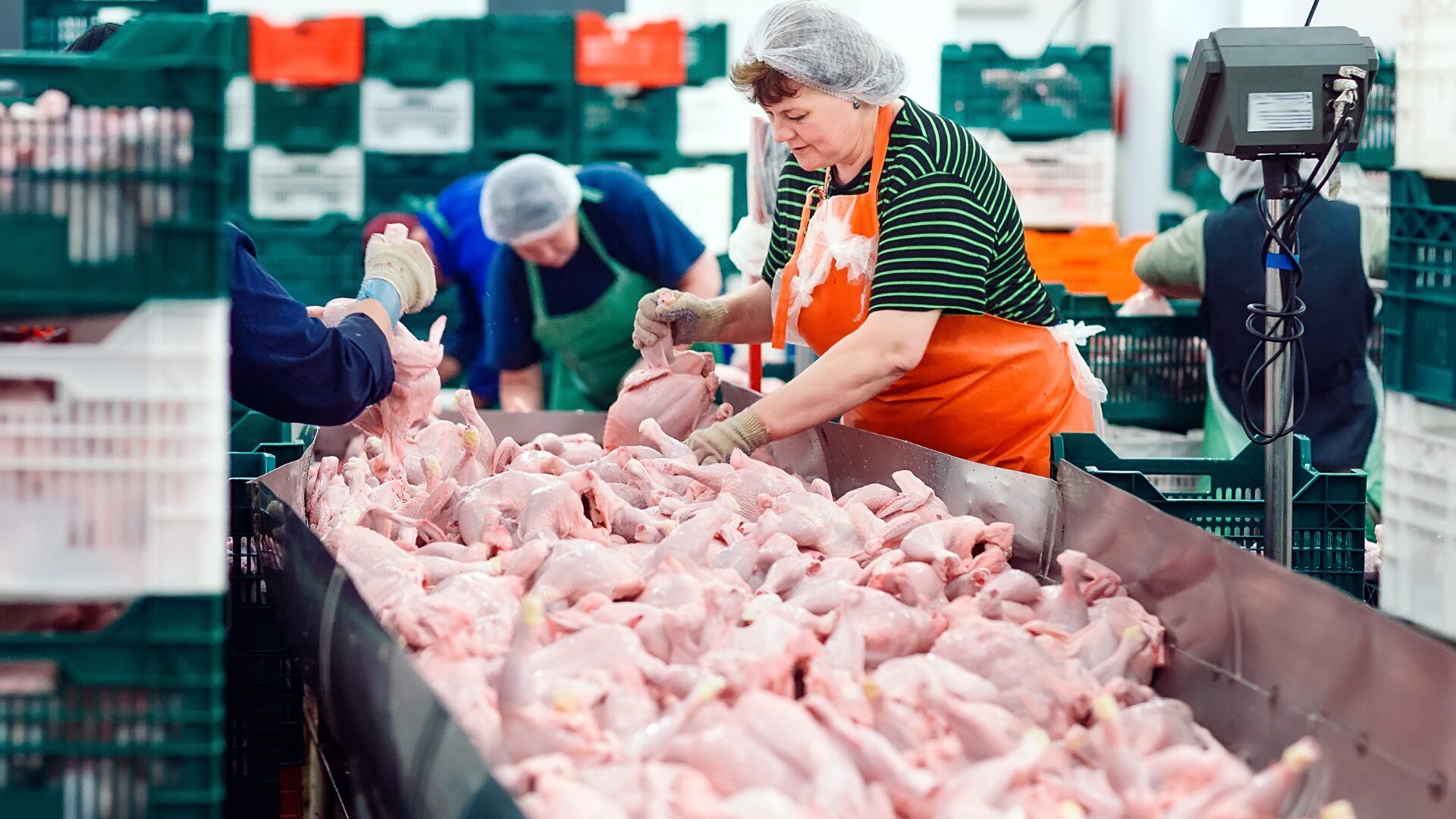When a recall is required, a food brand can’t be indecisive. Meat supplier Boar’s Head, for one, has been reminded of that lesson recently, after it issued a recall due to listeria concerns on July 25, then eventually expanded the recall five days later to include another 7 million pounds of deli meats.
“According to a study by the FDA, even a few-day delay in a product recall causes companies to receive whopping negative media and customer backlash,” Tom Jauncey, CEO of Nautilus Marketing, told The Food Institute.
“If not handled properly, a recall can send a company to the point of no return,” warned Jeanna Madlener, a senior executive at Woodruff Sawyer who specializes in insurance for food manufacturers.
In a recall, time is truly of the essence.
“A recall shakes the foundation of customer loyalty,” said Evan Nierman, CEO of crisis PR firm Red Banyan.
“If the response (to a recall) is managed poorly, that trust can be lost. If handled well, it can reinforce the brand’s commitment to getting things right.”
Effective communication, swift action, and a commitment to resolving the issue can help brands mitigate the negative impact of a recall and even strengthen the brand in the long run.
Key steps brands must take when issuing a recall include the following, according to industry experts:
Create a recall plan, including identification of internal and external stakeholders as the “recall team” (and, ideally, test your plan before you must use it).
Speak with legal counsel or a compliance officer who can provide careful and necessary guidance.
Engage experts to identify and isolate the products affected by the recall.
Utilize public relations to handle all external communication and especially avoid confusing jargon.
Notify government authorities, then the public: “With the viral nature of social media and media in general, it’s important to address issues quickly online,” said Matthew Taylor, senior manager, food consulting, at NSF.
Establish a separate general ledger to track all expenses and activity.
While those steps may sound intimidating and expensive, if your company has product recall insurance, there are likely resources included in the coverage to assist in managing the recall response procedure, Madlener noted.
In an era during which “transparency” has become a buzzword, it’s imperative that brands respond to recalls in a forthcoming manner.
“You have to own the problem, identify the solution, and be very vocal about how you fixed it,” said John Cassa, co-founder of ABM Equipment.
“Not only do retailers have longer memories than the public, but they’re often more harmed by a recall than the manufacturer,” Cassa added. “So, the worst thing you can do … is fail to take full responsibility, not clearly identify the problem, and not reassure interested parties that it’s fixed.”
If ever there were a time to invest in cloud-based software to help respond to recalls, this is it. Implementation of the Food Safety Modernization Act (FSMA) 204 rule is fast approaching in January 2026 and – as NSF notes – technology is sure to play a key role in meeting the FDA’s recordkeeping requirements and 24-hour turnaround of an electronic, sortable spreadsheet for product traceability.
Ultimately, if brands spend the time and prepare for recalls in advance, it can keep their reputation intact when a recall situation arises.
“Build the plan, identify the ‘recall team,’ test the plan, and you’ll be ready to respond to a recall situation, ultimately protecting your brand and coming out stronger on the other side,” Madlener said.
The Food Institute Podcast
In this episode of The Food Institute Podcast, IFDA President and CEO Mark S. Allen discussed the pressing challenges and innovative solutions in the foodservice distribution industry. Allen delved into topics such as labor shortages, transportation issues, technology advancements, and the importance of industry events like IFDA’s Solutions Conference.












